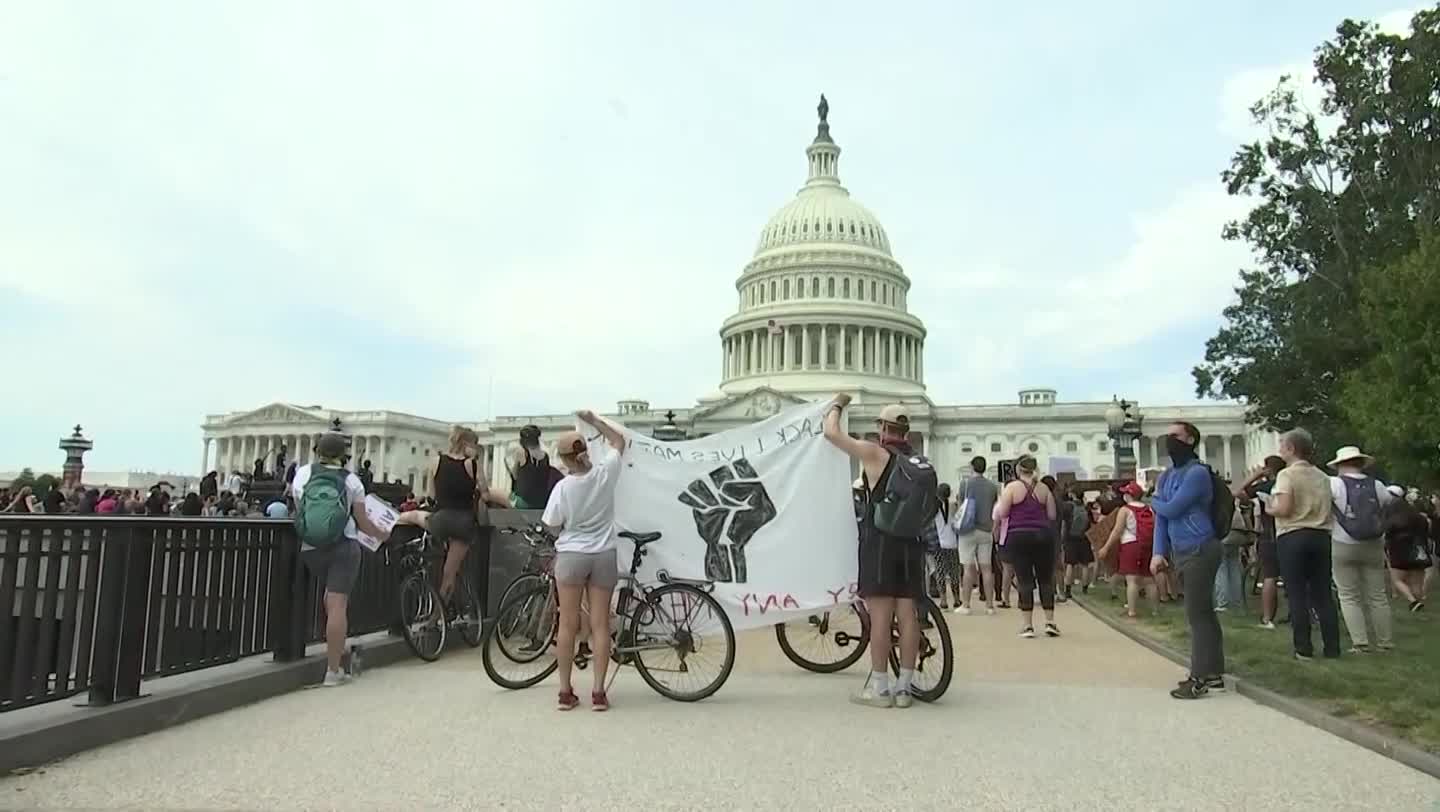OKLAHOMA CITY – Everything seemed normal.
Malee was interacting with her herd, eating and playing.
But, hours later, the beloved 4-year-old Asian elephant took a sudden and dramatic turn for the worse.
Routine blood testing confirmed what Oklahoma City zoo staff suspected.
“Malee passed away due to a viral infection,” said Jennifer Dagostino, director of Vet Services. “It’s EEHV1 for short. The virus exploded and got very, very high numbers and, at that point, there is very little you can do.”
This strain is likely similar to the strain that caused illness in Chandra, Malee’s aunt, when she was a calf.
Chandra, like most elephants, survived the illness and has remained healthy since that time.
“We do research and monitor and catch it early, do the treatments,” Dagostino said. “We’ve been able to save almost all the elephants.”
This is only the second elephant death nationally in six years.
Researchers will continue studying the virus in hopes of developing a cure for other Asian elephants carrying the EEHV1 virus.
“Hopefully, learn more about the diseases and study Malee and help other elephants in the future,” Dagostino said.
In the meantime, the zoo will keep close tabs on the rest of the herd.
So far, they show no signs of trouble.
On Monday, around five months later, the zoo reported conclusive blood test results related to the death of Malee:
“The Oklahoma City Zoo recently received the final results of the blood test analysis regarding the virus connected to the death of beloved 4-year-old elephant Malee on October 1, 2015. The results from genetic sequencing confirm that elephant endotheliotropic herpesvirus (EEHV) strain 1A was the specific virus responsible for her death.
April 15, 2016, would have marked Malee’s fifth birthday. Malee, the spunky ambassador for her species was adored by Oklahomans and people worldwide. Activities to celebrate her life will continue with the Zoo’s commitment to raise more funding to help find a treatment.”



